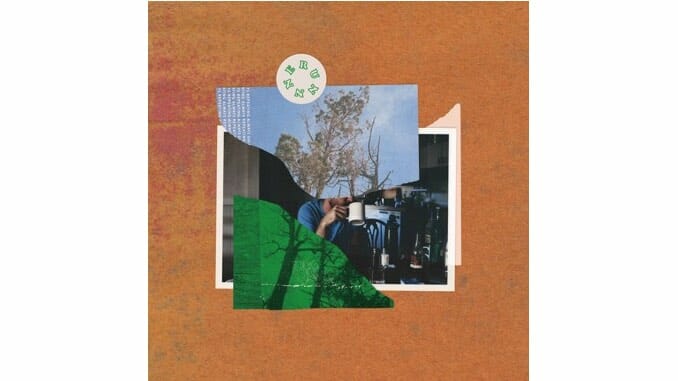Runnner Reintroduces Himself on Always Repeating
Part rework and part compilation, Noah Weinman's new album is awash in emotion and memory, unstuck from time

When a musician reimagines their own previously released songs, it can be tempting to place a greater importance on the new versions, as if they are somehow “truer” expressions of those ideas. There’s so much music in the world, and if an artist themselves gives us permission to overlook their older work by saying, “Actually, here’s the version you really need to listen to,” doesn’t that put our finite time and focus where it should be? The question begged by Always Repeating—the Run For Cover Records debut of Runnner, aka Los Angeles-based songwriter and multi-instrumentalist Noah Weinman—is, what if the connection between the old and new—that act of looking back and wishing things were different, or looking ahead to when what is becomes what will be—is what matters most? What if the picky listener who prefers the shiny, new update and the stodgy purist who swears by a song’s simplest form are both missing the point?
-

-

-

-

-

-

-

-

-

-

-

-

-

-

-

-

-

-

-

-

-

-

-

-

-

-

-

-

-

-

-

-

-

-

-

-

-

-

-

-








































